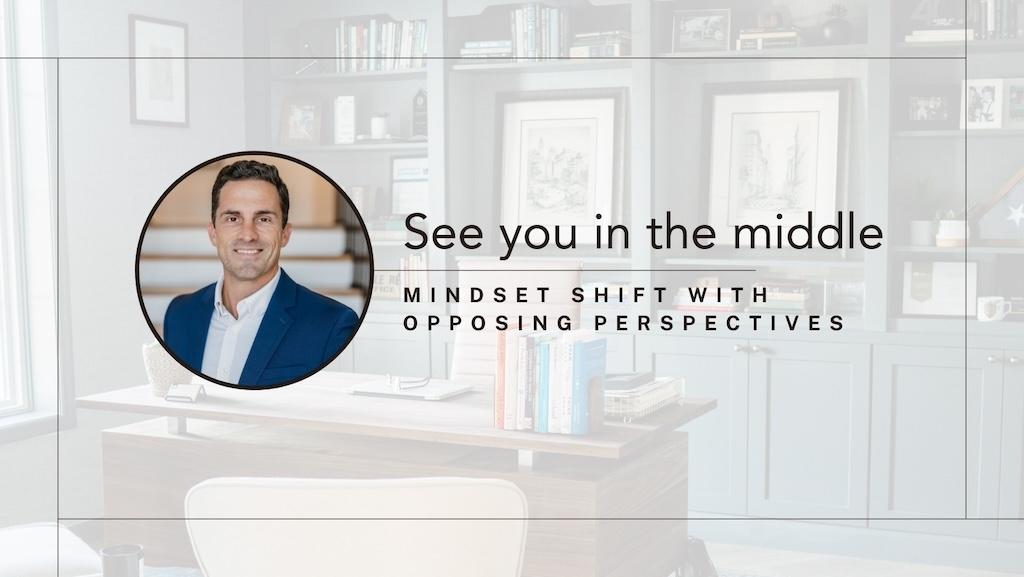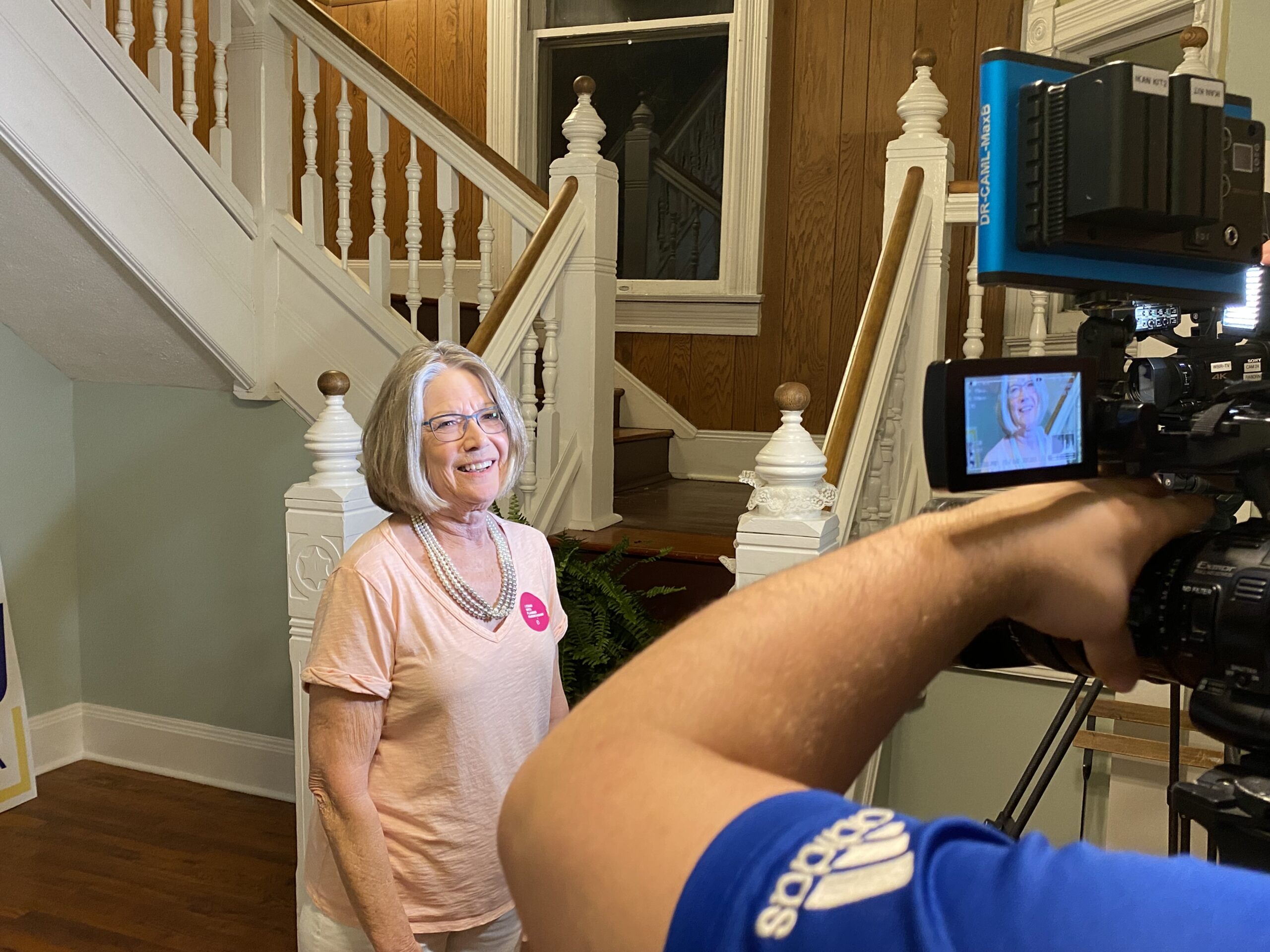See you in the middle.
Our daughter has nighttime anxiety. She’s the easiest, most laid-back kid in nearly every aspect of her life, except for bedtime. All of her worries seem to catch up to her when she climbs into bed.
We’ve tried everything. Books. Special sleeping blankets. Different sound machines. Mood lighting. It just didn’t work. The only thing that works is lying on the floor beside her bed until she falls asleep. We know she needs to arrive at a place where she can manage her anxiety and build confidence. We’ll get there. For now, I don’t mind so much. It’s actually become a place of connection for us, and I’m choosing to see the upside of this moment in her life — togetherness.
So that’s what I do. I lie in her floor on a pallet (that she kindly makes for me each night) until she falls asleep. She usually makes it to the middle of the night, somewhere around 3 a.m., before she eventually ends up in our bed. Again, we’ve tried all the things.
Just before she falls asleep each night, she looks over the edge of her bed to make sure I’m still there and says, “I love you, Daddy. See you in the middle” (she’s referring to the middle of the night). I always say it back. “I love you, little bird. See you in the middle.”
I didn’t tell you all of this for sleep advice. I’m cool with where we’ve landed. I’ll miss this one day. I more so wrote this because I think “see you in the middle” is a pretty helpful statement in the climate we currently find ourselves in. The world has popularized the position of “Come to my side, or I won’t see you at all” or “If you want to see me, then you better see things the way I do.” The election is almost over, and regardless of who wins, the temptation to live with a me vs. you mindset will persist.
The late Senator Howard Baker Jr. from Tennessee is famous for often quoting his father, U.S. Rep. Howard Baker Sr., who told him: “You should always go through life working on the assumption that the other guy might be right.” What would it look like to move towards a posture of believing that the person on the other side of the phone, the other side of the aisle, or the other side of the argument might be right?
I fear we’ve drifted into a mindset that prioritizes being right over being curious. That mindset works until it doesn’t. What if we moved to a mindset that simply said, “I’ll see you in the middle?”
I have a good friend who says his marriage drastically changed for the better when he started looking at everything (and I mean everything) in his marriage as 51% his fault. His wife did the same. They don’t get it right all the time, nor is that the goal, but what has happened over time is they’ve both drifted to the middle, and they’ve met one another in that place. He said it moved them past the obstacle in each other’s way — ego. Once they moved past their individual agendas, they met in the middle.
The ego is rarely a good driver for decision-making. Don’t get me wrong, a healthy ego can be a good thing. It can create a sense of self and resiliency. However, an ego is a lot like a baby. It needs to be safely strapped into its seat in the back of the car but never allowed at the wheel. I fear that our ego is driving much of our decision-making. Ego doesn’t like the middle. The middle is much less sexy, much less brash, and not as exhilarating to toss around at your next office happy hour, but it’s wise. Wisdom will rarely get your name in the paper, but it will almost always get you to the heart of an argument.
I don’t claim to have all the answers, but as we move closer to a post-election world, I’m convinced our collective mindset as a community will need to move away from the my way vs your way style of relating — communities don’t get better this way … they get worse.
Regardless of the topic at hand, the next year or so will be challenging. Emotions will be high, and confusion will persist. Ask questions. When you talk with someone who sees the world from a different seat in the stands than you do, breathe slower, ask a lot of questions, and practice listening to the answers. I’m convinced listening is a superpower. When you sense complexity or frustration in the conversation, you have two options — bow up with contradiction or lean in with curiosity. My money is on curiosity every time.
I’ll see you in the middle.
Justin Bailey is CEO of Realty Executives Associates.





